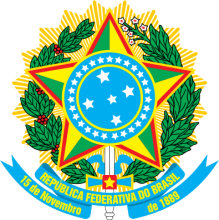Resource information
This Law, consisting of 8 Chapters establishes reform, settlement and colonization of vacant lands belonging to the State of Piauí. The Institute for Reform and Land Regularization - INTERPI is the competent body for the management and administration of land policy in the State of Piauí, in accordance with State Law No. 3.783 of 16 December 1980. The INTERPI may create support offices inside the State, called Land Governance Office aiming to accelerate the fulfillment of its objectives. Land regularization includes rural and urban public land of the State of Piauí. The allocation of above mentioned public lands shall be made according to the National Plan for Agrarian Reform and agricultural policy, and in accordance with the Constitution of the Federative Republic of Brazil, the relevant federal legislation and Piauí State Constitution.



